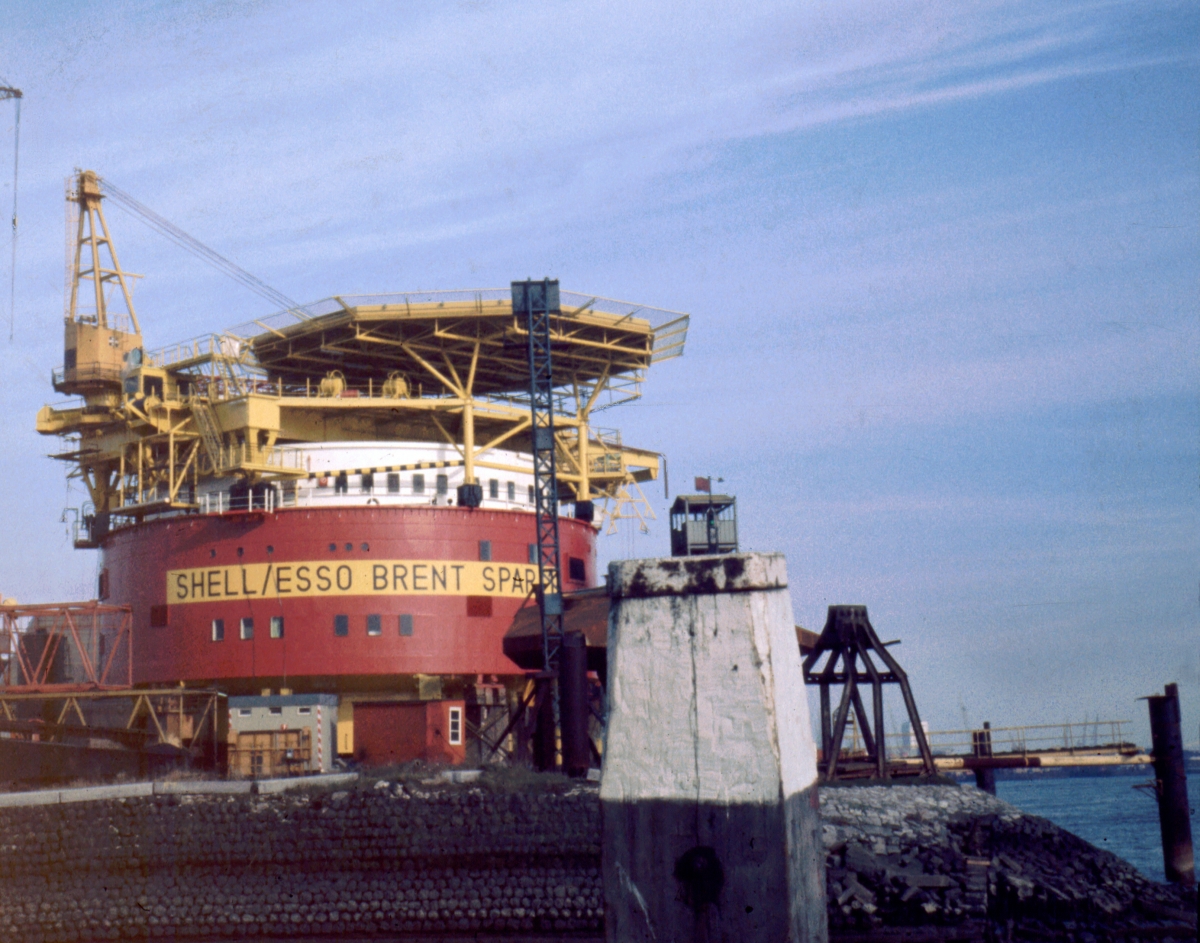The DeSmog UK epic history series investigates the divide that opened up between chief executives and shareholders who were anxious that company operations and profits could be undermined by climate change.
The heavy-handed attack from lobbyists on the Intergovernmental Panel on Climate Change (IPCC) that arose during the 1990s presented a new risk: that the oilmen would become isolated from other leaders of industry.
As early as 1995, a deep divide began to open up between the chief executive officers and shareholders of major corporations in the United States and Britain who were anxious that their own operations and profits could be undermined by climate change.
The Delphi Group in London, a major investments advisor, published a landmark report that year, warning banks, insurers and institutional investors to immediately withdraw investments from oil and coal.
Mark Mansley, the report’s author, pointed out that “climate change presents major long-term risks to the carbon fuel industry [which] has not been adequately discounted by the financial markets.”
Major Threat
At the same time, Sven Hansen, vice-president of the Union Bank of Switzerland, spoke at a conference for finance capital: “Some of our clients are under major threat from climate change.”
Shell / Esso Brent Spar under construction in 1975. Photo: Eliza Winterborn via Wikimedia Commons
Then, in June 1995, Shell found itself in direct conflict with Greenpeace as the environmentalists launched an audacious campaign to prevent the dumping of the Brent Spar oil platform in the North Sea. The campaign turned huge swathes of the public against the energy corporation.
Shell performed a startling u-turn, however, and caved into the green crusade.
“On the very same afternoon that Prime Minister John Major was defending Shell’s right to dump the Brent Spar oil platform in the North Sea, the company itself announced that it would reverse its decision due to pressure from Greenpeace and German consumers,” wrote Cameron’s future chief adviser, Steve Hilton.
“Never mind that subsequent scientific analysis showed Shell’s original plan to have been the most environmentally responsible: the point is that the Conservative response was knee-jerk laissez-faireism while Shell understood that the world had changed.”
Environmental Concerns
The ordeal forced an institution-wide investigation on Shell and, as a direct result, the company decided it could no longer ignore environmental concerns. John Jennings, chairman of a Shell subsidiary, gave a speech to the World Energy Congress in late 1995.
“Some… organisations have, on occasion, shown that, through effective if unscrupulous use of the media they can influence public opinion significantly and with it the political mood to which democratic governments feel obliged to respond,” Jennings said.
“But I believe it is imperative that the debate is based in principle on sound science, honesty and objectivity… we have to start to prepare for the orderly transition to new, renewable forms of energy at the lowest possible economic and environmental cost while sustaining secure supplies of conventional energy as the world economy hopefully continues to expand.”
This was the first time a senior oil executive had publicly acknowledged the science of climate change and the seriousness of its consequences. While Shell would continue to be a key target for campaigners, there was now among the oil giants themselves opening up a fundamental chasm.
Next week, DeSmog UK’s history series examines how Fred Singer and his sceptic research organisation the Science and Environmental Policy Project (SEPP) became an increasingly important platoon in the army against climate science.
Photo: Lee Jordan via Flickr
Subscribe to our newsletter
Stay up to date with DeSmog news and alerts








